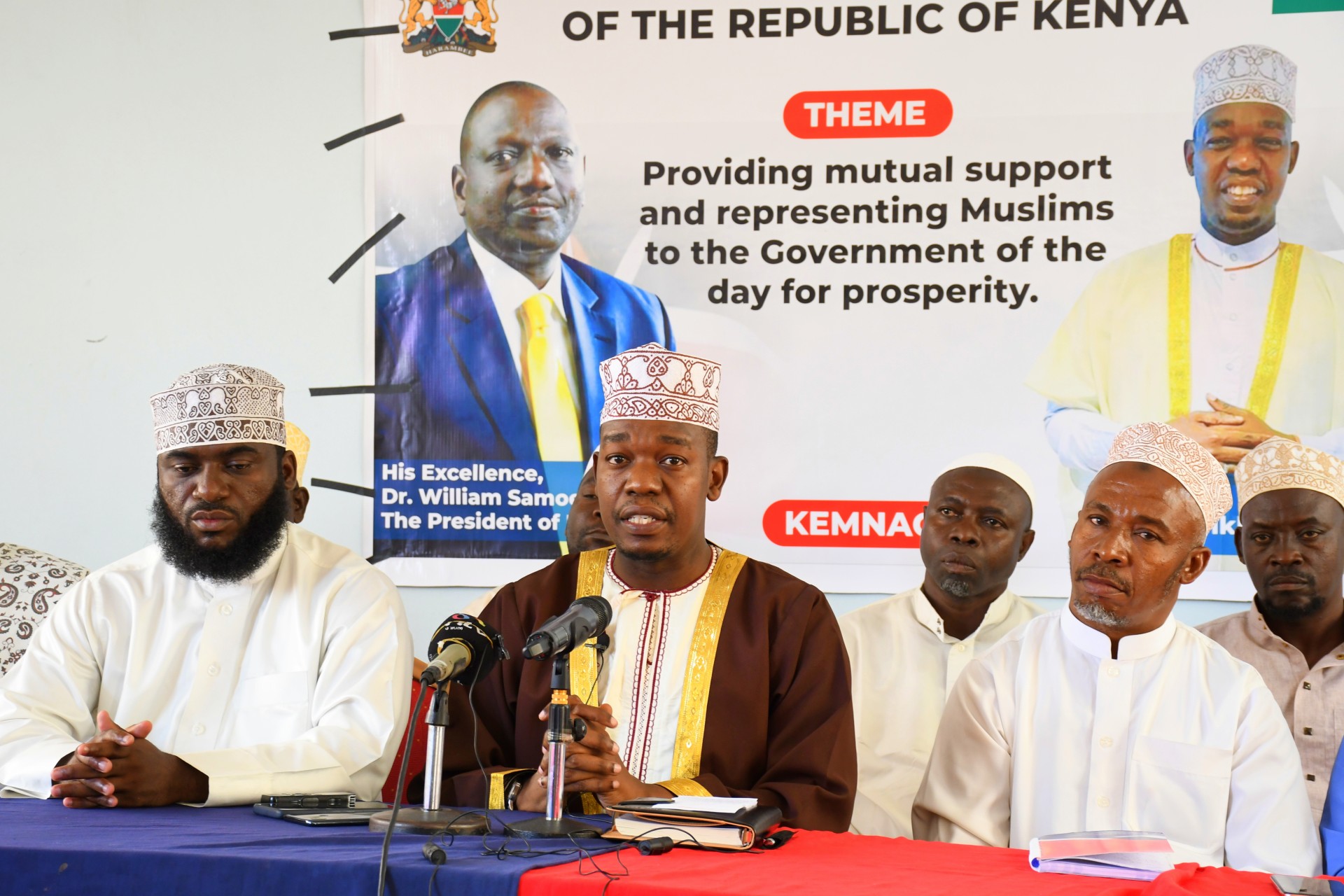The Government with support from UN Agencies and 89 state and non-state actors have scaled up targeted response interventions to address current drought and reach the most vulnerable in the community.
According to the National Drought Management Authority (NDMA), the sectors being addressed are water, livestock, agriculture, health & nutrition, education, security and social protection.
In a press statement on the current drought situation, the authority said that the Government and County governments have spent Sh 22 billion on interventions.
“Last week, the government, through the National Drought Management Authority, disbursed Ksh984,636,000 to 91,170 households under the Hunger Safety Net Programme (HSNP) regular cash transfer portfolio in the counties of Marsabit, Wajir, Turkana and Mandera,” the statement said.
The Authority CEO Lt. Col. (Rtd) Hared Hassan noted that each household received Sh10,800, while a further Sh10 billion has been disbursed under the Inua Jamii cash transfers and Sh4 billion for relief food distribution and emergency relief cash transfers.
The drought situation has continued to worsen in the ASALs and some pockets of counties outside of the ASALs as a result of the four failed seasons and the late onset and poorly distributed 2022 short rains season.
With the deterioration of drought, the number of people in need of humanitarian assistance currently stands at 4.35 million in the ASALs based on 2022 long rains food and nutritional security assessment report.
Another 846,000 people in pockets of nine non-ASAL counties are adversely affected and these pockets are in Kiambu, Kirinyaga, Elgeyo Marakwet, Machakos, Murang’a, Siaya, Homa Bay, Nakuru and Migori counties.
“These numbers are bound to change based on the performance of the short rains 2022 and its impacts on local livelihoods and although some areas have received rainfall, recovery will take months hence the need for scaled up and sustained response efforts,” the CEO said in the statement.
The reported scattered rains in pocket areas is likely to induce abnormal migrations to the grazing zones further accelerating livestock mortalities in the counties of Samburu, Mandera, Isiolo, Lamu, Marsabit and Garissa counties.
Conflict over diminishing resources continue to be reported in parts of Laikipia, Samburu, Isiolo, Kitui, Tana River and Garissa.
Based on the seasonal forecast, that has seen delayed onset of OND 2022, the drought situation shall remain precarious in majority of the ASAL counties straining food security and elevating drought risk levels.
Currently the statement says that the number of counties in the Alarm phase of drought has increased from 10 to 14.
These counties are Laikipia, Marsabit, Garissa, Isiolo, Kilifi, Kwale, Samburu, Tana River, Tharaka Nithi, Turkana, Wajir, Kitui, Kajiado and Mandera.
Seven counties namely Embu, Narok, Taita Taveta, Makueni, Meru, Nyeri and Lamu are in the
Alert drought phase.
Apart from Embu and Laikipia which showed marginal improvement, Baringo and West Pokot remained under the Normal drought phase. However, the drought situation remains critical in other
parts of the ASALs.
Kenya is among the Horn of Africa countries affected by the current severe drought in the region that has left millions across the region, which includes Kenya, Djibouti, Eritrea, Somalia, Sudan, South Sudan and Ethiopia, facing acute food insecurity and malnutrition.
The worsening household food security situation has resulted in acute malnutrition rates across the ASAL counties with 942,000 children aged 6-59 months acutely malnourished and 134,000 cases of pregnant or lactating women acutely malnourished and in need of treatment.
The health and nutrition sector intensified active case finding and necessary referrals to contain the increasing malnutrition rates
The European Union, through NDMA, has disbursed Sh630 million to support interventions in non-food sectors of water, livestock, education, health, peace and coordination.
The bulk of the EU funds have been spent on provision of livestock feeds and in the last two months alone, NDMA has provided more than 60,000 bags of drought pellets.
In addition, USAID has disbursed Sh 42 billion to support various implementing partners such as WFP which is implementing the Lisha Jamii programme worth Sh3.4 billion, while FAO is supporting 14 ASAL counties in provision of livestock feeds and veterinary services.

